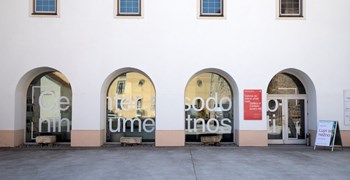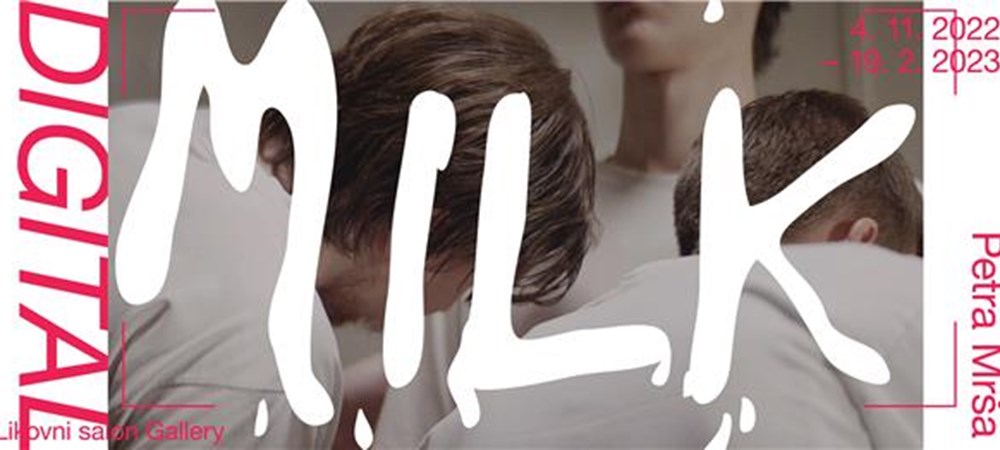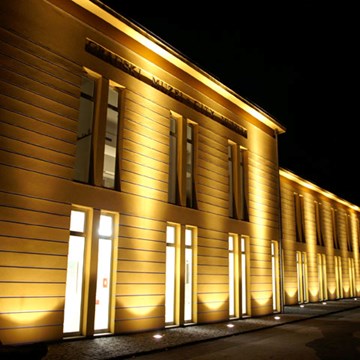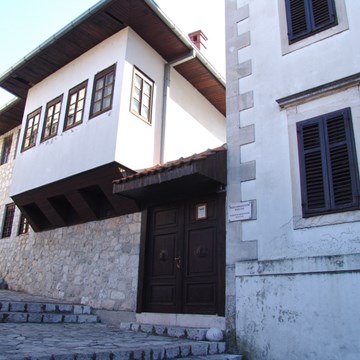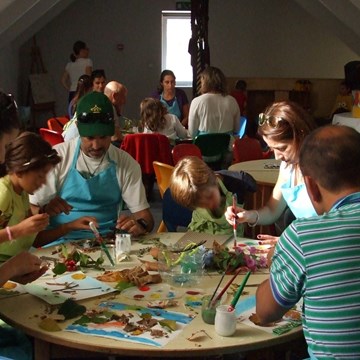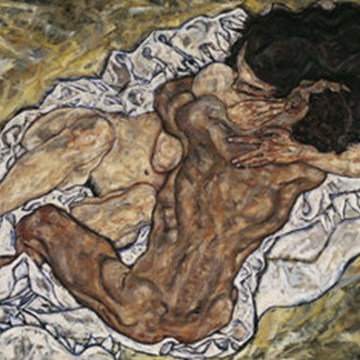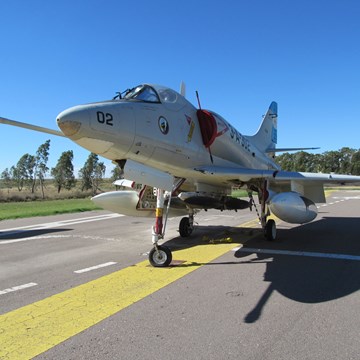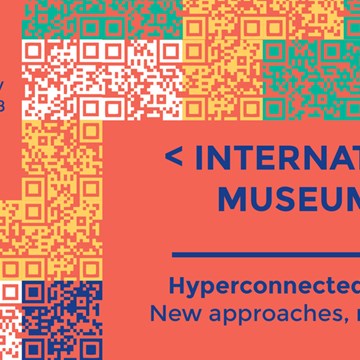Petra Mrša: Digital Milk
In-depth research of the phenomenon of playing computer games, i.e., gaming, in the digital space, has been front and centre in Petra Mrša’s artistic practice for several years. She looks to bring the medium and context of video games closer to the viewer from multiple aspects, and underscores the expanded use of technology from its useful to its social function.
Her projects, pronouncedly process-oriented, deconstruct the stereotypical ideas of gaming. They are based on cooperation and are created together with the young who share a passion for video games. In the artist’s works, they are featured as co-authors of projects and holders of knowledge. The artist is also interested in the social and psychological aspect of gaming, i.e., what kind of relations and relationships are established among the young through playing them, what needs they satisfy, how they view the virtual world relative to the physical world, and how playing video games affects their disposition.
The exhibition Digital Milk was created in cooperation with the Osijek Fine Arts Museum (Muzej likovnih umjetnosti Osijek) and presents Mrša’s production of the last three years. In the two-channel video installation Are you sure you want to leave the game? (2019), we observe a group of elementary school students performing activities from the video games in the street and in the gallery space. Moreover, the videos also include bits of conversations from everyday life and excerpts from theoretical texts, which are written down by the children in front of the camera. By blurring the line between fiction and reality, Mrša’s work explores how the medium of video games affects growing up and an individual’s subjectivity. Newspaper articles under the title Filthy Casual (2020), also include fragments of conversations with gamers who describe the set-up of the video games they play, the psycho-social dimension of gaming, physical and mental effort invested in gaming, and relation between digital and physical space that is particularly reflected in the sense of control felt while playing video games, which is in stark contrast to the real life where even a considerable investment of time and effort, numerous skills, and high cognitive capacity do not guarantee success. Subjects in the documentary Health90 (2022), in which the artist explores the meanings that gamers ascribe to the activity taking up their leisure time, explain how activity within a video game produces actual effects and contributes to internal satisfaction, to a sense of autonomy and power. Participants experience the digital space as a space of possibilities in which they acquire and hone skills and knowledge that, in turn, can be used in the physical world. Furthermore, they experience it as a space where they can avoid categorization based on gender or appearance, which feels particularly liberating to teenagers. Fostering imagination in real life by means of critical approach to popular culture and the representation of women within it is at the heart of the artist’s interest in her work Games and Stitches – Part 1 – LARP (2021). The work takes the form of an installation in space and was created in cooperation with the fashion designer Mia Ventin and a group of girls residing at the Community Service Centre Zagreb – Dugave that takes care of minors without appropriate parental care. After seeing heroines from films and video games, workshop participants made their wearable superhero costumes tailored to their tastes and needs. The Exhibition is rounded off by the artist’s new work, the experimental film I Can Save Her (2022) that examines the effect of spectacular action and emotional sensation of the interactive digital environment on the gamers’ bodies and sensory apparatuses.
A catalogue was published to accompany the exhibition, with texts contributed by curators Maja Hodošček and Valentina Radoš, and design by the Zagreb-based designer collective Oaza.
*
Petra Mrša is an artist and educator who splits her time between Rijeka and Berlin. She studied Photography (Academy of Dramatic Arts), Sociology (Faculty of Humanities and Social Science), and Psychology (University Department of Croatian Studies). She participated in the postgraduate international art program WHW Akademija (run by curatorial collective What, How & for Whom/WHW) in Zagreb and was nominated for the Radoslav Putar award 2020. She took part in numerous residencies including MuseumsQuartier Wien, Cité internationale des arts, CreArt at Bluecoat, Liverpool’s contemporary arts centre. Her work was exhibited at the OSTRALE Biennale (Dresden, Germany), Museum Kunst+Wissen (Switzerland), FOTODOK (The Netherlands), Galerie L’inlassable (France), and at many other venues. Her artworks are included in several collections.
Supported by: Ministrstvo za kulturo RS, Mestna občina Celje, Ministarstvo kulture i medija republike Hrvatske, Osječko-baranjske županije
Exhibitions and events

Karin Vrbek: People Are Like Houses
Temporary exhibition at Center for Contemporary Arts Celje until 26.01.2025The artist Karin Vrbek does not limit her artistic practice to a specific medium, but combines the use of video, sound, installation, writing and the creation of visual messages into holistic...

VELVET 5: Pleasure – A Dreamscape
Temporary exhibition at Center for Contemporary Arts Celje until 12.01.2025Maksim Azarkevič, Ana Baraga, Tjaša Bon, Maša Bornšek, Evia Brvar Ravnikar, Sabina Colnar, Vitjan Črešnar Štaus, Miha Erič, Peter Ferlan, Nina Kavzar, Samira Kentrič, Danaja Kurnik, Anja Kranjc,...

How are you in Celje? How are you in Graz?
Temporary exhibition at Center for Contemporary Arts Celje until 30.03.2025Daniela Brasil, Andreja Džakušič, Maja Hodošček, Luise Höggerl, Mark Požlep, Mojca Senegačnik, Helene Thümmel, Anton Tkachenko, Karin Vrbek, zweintopf Celje, Slovenia & Graz, Austria In the...
Activities from this museum
We don't have anything to show you here.
